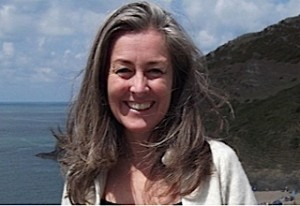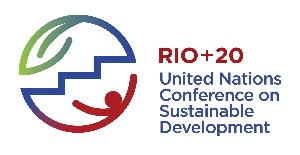
“The Earth is in need of a good lawyer,” according to international barrister Polly Higgins, who earlier this week addressed the All-Party Parliamentary Group on Agroecology. Seven years after taking a year out see what she could do to fill the gap, Polly Higgins is preparing to advocate the adoption of an international law to eradicate ecocide at the Rio 20+ conference later this year.
Current environmental law is based on fines and extracting money for damage that has been done – and remains done, even if a judgement goes in favour of a now damaged environment. “It is a ‘catch-me-if-you-can’ kind of law,” Higgins explains to her parliamentary audience.
With a background in commercial law, Higgins is well-placed to describe it as “…law that puts profit first.” Businesses have an obligation to maximise profits for shareholders. The result is that it becomes: “…normal for people to make money out of damage and destruction.” This is what she defines on her website as ecocide.
By viewing the earth as an inert thing, whatever can be extracted from it becomes a commodity with a price. This commoditised view of the earth confers the expectation of profit derived from the exclusivity of ownership.
If the world were to be viewed as an interlocking collection of living entities, this would change everything, Higgins argues. The exclusivity and scarcity required to push up prices would fade, if ownership were to give way to a common cause of people and planet, shifting the emphasis from “I own” to “we owe”.
The change would be based on the shift from owning property to trusteeship and the intrinsic value of a shared resource. Higgins recalls the sea change that accompanied the abolition of slavery when a moral imperative won out over a supposed economic imperative. Property law created silent rights to kill and destroy that were challenged two hundred years ago in much the same ways as environmental law is being challenged by economic orthodoxy today.

In 2010, Polly Higgins established a claim at the United Nations to recognise ecocide as a fifth crime against peace in addition to the four international recognised in the UN Charter. The original four were genocide, (a new word in 1945); crimes against humanity; war crimes and crimes of aggression. The case for establishing ecocide as a crime against peace will be reinforced at the Rio+20 summit later this year.
Polly will be giving this year’s Annual Rachel Carson Memorial Lecture on Friday 30th March at the Human Rights Action Centre, London EC2. More details here





